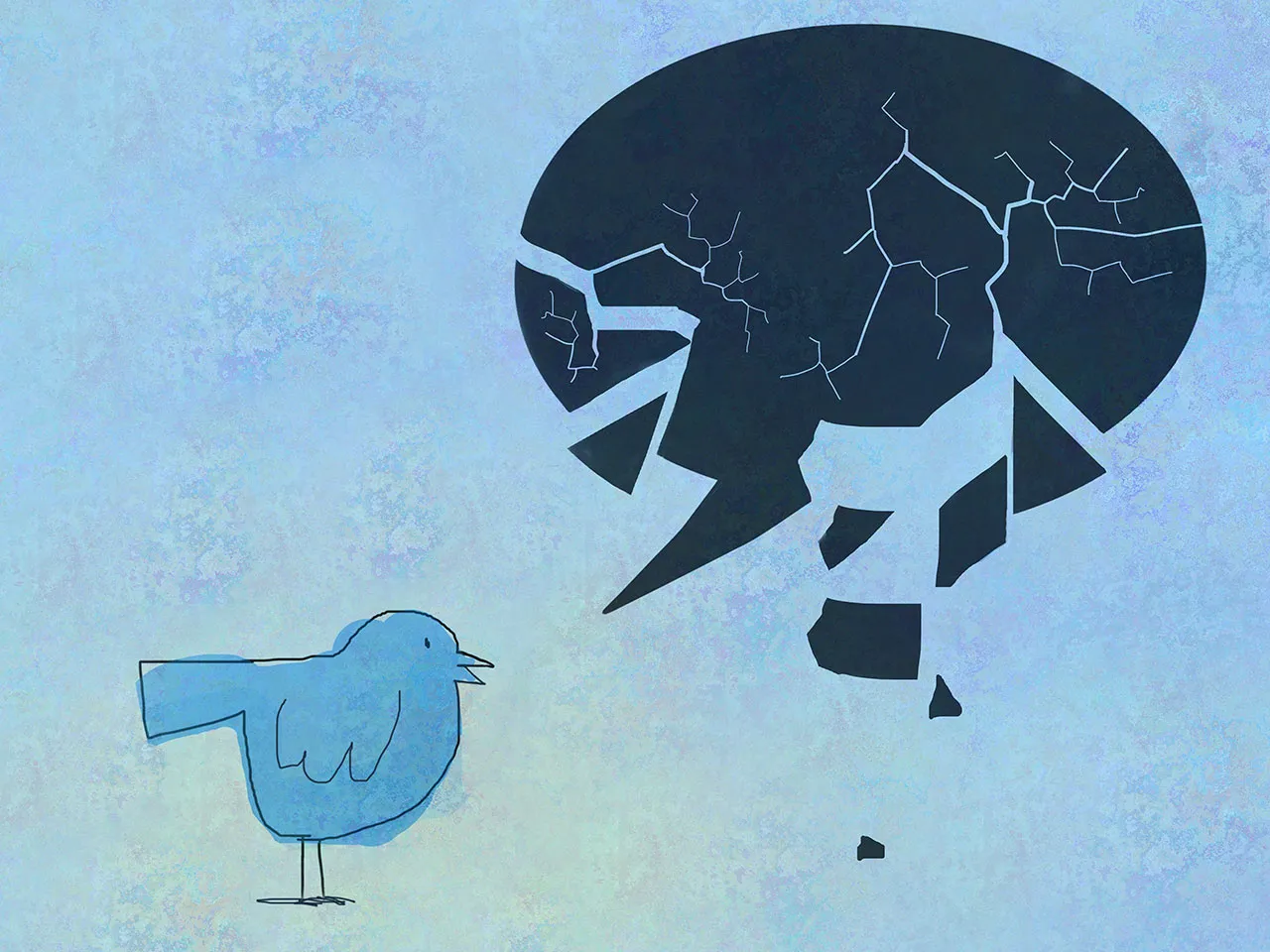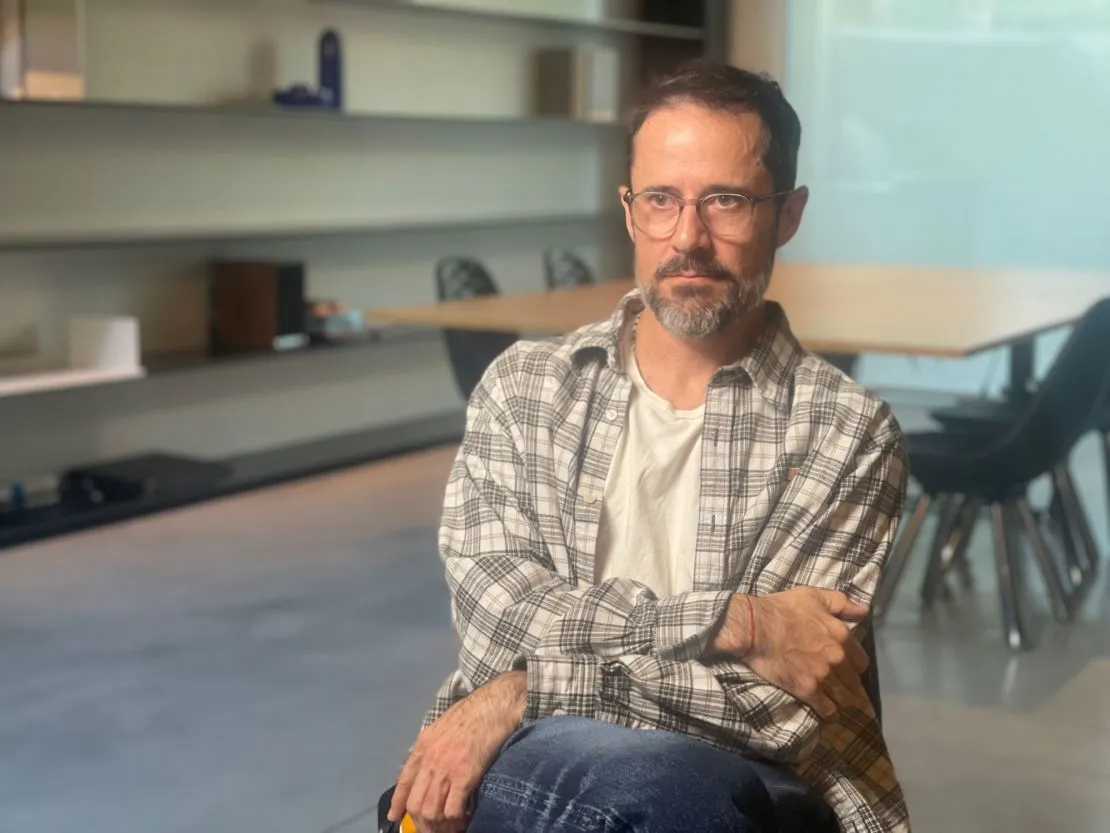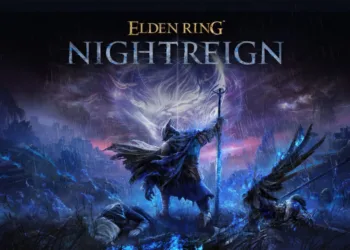The arrival of “Twitter: Breaking the Bird Season 1” offers a televised look at a chapter of recent internet history that many lived through, and whose reverberations continue to shape our digital present. This documentary series undertakes the task of charting the trajectory of Twitter, the platform that famously gave the world the 140-character pronouncement.
It begins with the platform’s conceptualization, moving through its early, seemingly utopian ambitions, its period of dizzying expansion, and into the thicket of complex issues that arose as its global influence swelled.
The program positions itself as a chronicle of this journey, attempting to detail not just the technological evolution but the human and societal elements entangled with the little blue bird’s flight. It sets out to recount how a specific Silicon Valley dream became a worldwide phenomenon, altering communication, and perhaps even consciousness, along the way.
Hatching a Revolution, or Just a Better Status?
“Twitter: Breaking the Bird Season 1” dedicates significant screen time to excavating the platform’s foundational myths, those early 2000s San Francisco days where the air itself seemed thick with disruptive potential. The series paints a picture of a small, fervent group, featuring figures like Jack Dorsey, Biz Stone, and Evan Williams, who aimed to distill human connection into brief “status updates.”
There’s an almost quaint amusement in the program’s recounting of names that might have been – “Friend Stalker” or “Ketchup” – monikers that now sound like relics from a more guileless digital era. The program effectively captures the initial, almost garage-band experimentalism of the project.
It contrasts this early, simpler vision, where users documented the charming mundanity of their lives, with the immense, unwieldy force Twitter would rapidly become. This portrayal of innocent beginnings, however, is constantly shadowed by the viewer’s knowledge of the turbulent future, a dramatic irony the series leans into.
The Weight of a Billion Voices
The docuseries then pivots to Twitter’s meteoric rise, a period where user numbers exploded and the platform itself strained visibly under the pressure. “Twitter: Breaking the Bird” illustrates this through accounts of its notorious technical instability – the era of the “fail whale” and site crashes during pivotal global moments, like a World Cup goal coinciding with a diplomatic tweet.
This narrative thread details a company struggling to keep pace with its own runaway success. More critically, the program begins to unearth the early signs of deeper troubles, the first indications that the platform’s design might harbor unforeseen vulnerabilities. The series brings forward stories such as the harassment experienced by user Ariel Waldman, and the reportedly dismissive response from Twitter’s leadership.
This incident, as presented, serves as a stark early example of the platform’s struggle with user safety. The contribution of Del Harvey, tasked with trust and safety, is noted, highlighting the immense challenge of moderating a space expanding so quickly. A subtle but telling aspect is the series’ reliance on archive footage for certain key figures like Dorsey, a choice that itself speaks volumes about who is narrating this history now.
From Town Square to Battleground
The series wades into Twitter’s transformation from a novel communication tool into a potent, and often fiercely contested, global arena. “Twitter: Breaking the Bird” chronicles the platform’s undeniable role in shaping and amplifying significant world events; the Arab Spring is presented as an early example of its capacity for mobilization.
Yet, this depiction is soon complicated by the darker currents that found fertile ground on the platform: the Gamergate controversy, the unchecked amplification of organized hate, the political ascent of figures like Donald Trump who masterfully exploited its direct address, and the deluge of misinformation that marked the COVID-19 pandemic. The program attempts to dissect the internal ideological conflicts that simmered within the company, particularly the unwavering, almost dogmatic, adherence to a particular vision of “free speech” against the mounting, desperate calls for more robust moderation.
Jack Dorsey’s leadership during these periods is portrayed with a focus on his sometimes enigmatic public persona, from his visible support for Black Lives Matter to his apparent preference for philosophical detachment over direct engagement with the platform’s burgeoning crises. Perspectives from former insiders, such as Leslie Miley, offer pointed commentary on the “privileged philosophy” that perhaps underestimated the complexities of speech in a global, interconnected public square.
Echoes in the Machine
Ultimately, “Twitter: Breaking the Bird Season 1” crafts a narrative that functions as a resonant artifact of our times. The series appears to suggest that Twitter’s story is less an anomaly and more a concentrated parable of the digital age, a stark illustration of how quickly idealistic ventures can become entangled with profound societal consequences.
It leaves the viewer to ponder difficult questions about innovation’s obligations, the often-underestimated responsibilities that accompany the creation of powerful communication technologies, and the persistent challenge of fostering healthy digital communities. While the series touches upon the conditions leading to Elon Musk’s eventual acquisition, its primary focus remains on the unresolved tensions and systemic issues baked into the platform well before that chapter.
The program effectively conveys the immense, perhaps unbridgeable, gap between the initial, seemingly contained dream of a simple status update tool and the complex, often chaotic, global reality it helped to forge.
Twitter: Breaking the Bird premiered on CNN on March 9, 2025, and is also available for streaming on platforms such as discovery+.
Full Credits
Director: Kate Quine
Producers: Fred Hepburn, James Goldston, Ricardo Pollack, Sheldon Lazarus, Amy Entelis, Lyle Gamm
Executive Producers: James Goldston, Ricardo Pollack, Sheldon Lazarus, Amy Entelis, Lyle Gamm
Cast: Ev Williams, Biz Stone, Jack Dorsey, Kara Swisher
Director of Photography (Cinematographer): Pete Allibone
Editor: Justin Badger
The Review
Twitter: Breaking the Bird Season 1
"Twitter: Breaking the Bird Season 1" serves as a compelling and essential chronicle of a platform that irrevocably altered our communication landscape. The docuseries meticulously charts Twitter's idealistic inception, its unwieldy ascent, and the profound societal fissures it both exposed and amplified. While the reliance on archival material for some key voices is noticeable, the series provides a vital, thought-provoking examination of tech utopianism colliding with complex human realities, making it a significant watch for understanding our current digital epoch.
PROS
- Offers a thorough historical account of Twitter's evolution.
- Insightfully contrasts early optimism with later, difficult realities.
- Sparks critical thought on technology's societal role and ethical responsibilities.
- Features valuable contributions from former insiders and analysts.
CONS
- Limited new direct testimony from some central figures like Jack Dorsey.
- Its detailed exploration primarily sets the stage for, rather than deeply dissects, the platform's most recent transformations under new ownership.


















































